The new E10 petrol grade is being introduced across the United Kingdom from September 2021. The move is part of the government’s strategy to reduce harmful emissions from transport
Although the new E10 petrol retains the same 95-octane rating as existing unleaded petrol, it contains a much higher proportion of ethanol. Currently, all petrol supplied at filling stations contains a five per cent mix of ethanol, which is why it is known as E5. However, from September 2021, that proportion will be doubled in standard grade petrol. The fuel will be identified by the code E10.
This change will not affect Toyota owners with a diesel-powered vehicle.
Which Toyota models can use E10 petrol?
If your Toyota has a petrol engine or hybrid powertrain and was officially produced for European markets since January 1998, it will be compatible with E10 petrol.
The only exceptions to this rule are the following vehicles:
- Toyota Avensis with 2.0-litre 1AZ-FSE engine made between July 2000 and October 2008.
- Toyota Avensis with 2.4-litre 2AZ-FSE engine made between June 2003 and October 2008.
If your vehicle was produced before January 1998, it cannot use E10 fuel.
Can you use E10 petrol in imported cars?
If your car is an imported model that was not officially sold in European markets, we recommend staying on E5 by using super unleaded, which has a higher octane rating. Having received queries from owners regarding specific imported models, we are investigating this further.
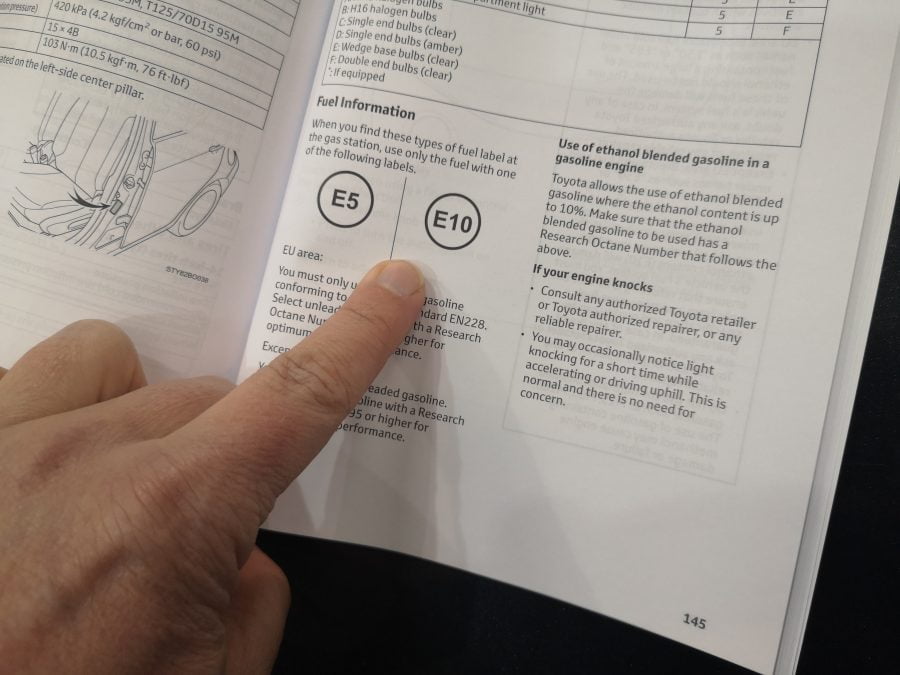
How can I check if my Toyota can use E10 petrol?
This can be confirmed by checking the owner’s manual or looking at the information printed on the inside of the fuel filler flap. If you are still unsure, use E5 petrol, which will continue to be dispensed from the super unleaded pump at many filling stations.
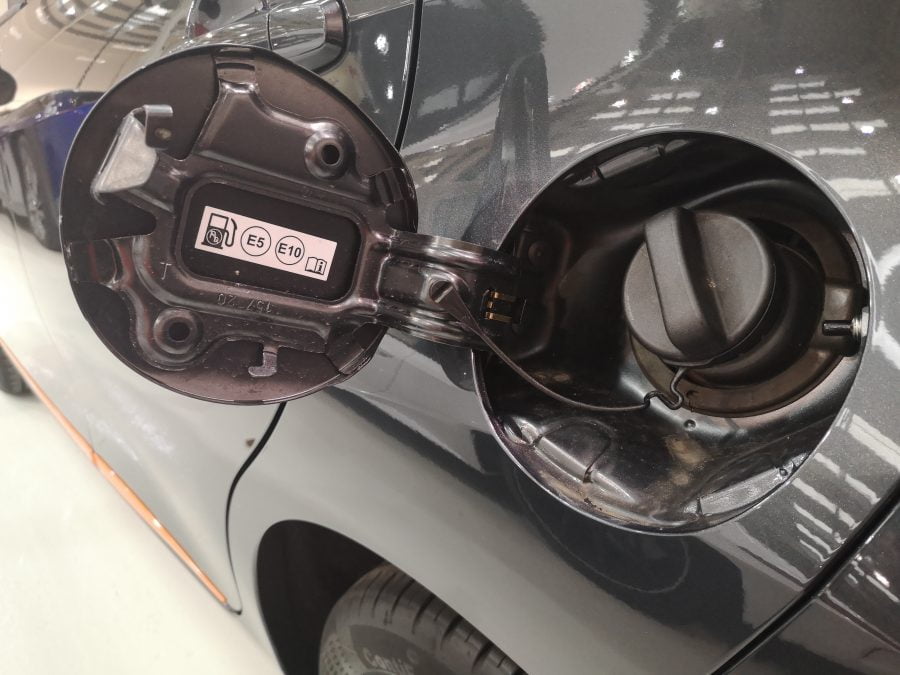
Why is the ethanol content being increased?
Ethanol is a renewable, non-fossil biofuel produced from sustainable sources. It is made using by-products from the farming industry, such as those from wheat, corn and sugar crops.
By increasing the proportion of biofuel in petrol, the content of fossil fuel and therefore our reliance on it decreases. This will reduce the overall levels of CO2 (carbon dioxide) emissions from vehicles and help the government achieve its climate change targets. It has been calculated that this change from E5 to E10 petrol will cut harmful transport emissions by 750,000 tonnes a year. That’s the equivalent of taking 350,000 cars off the road.
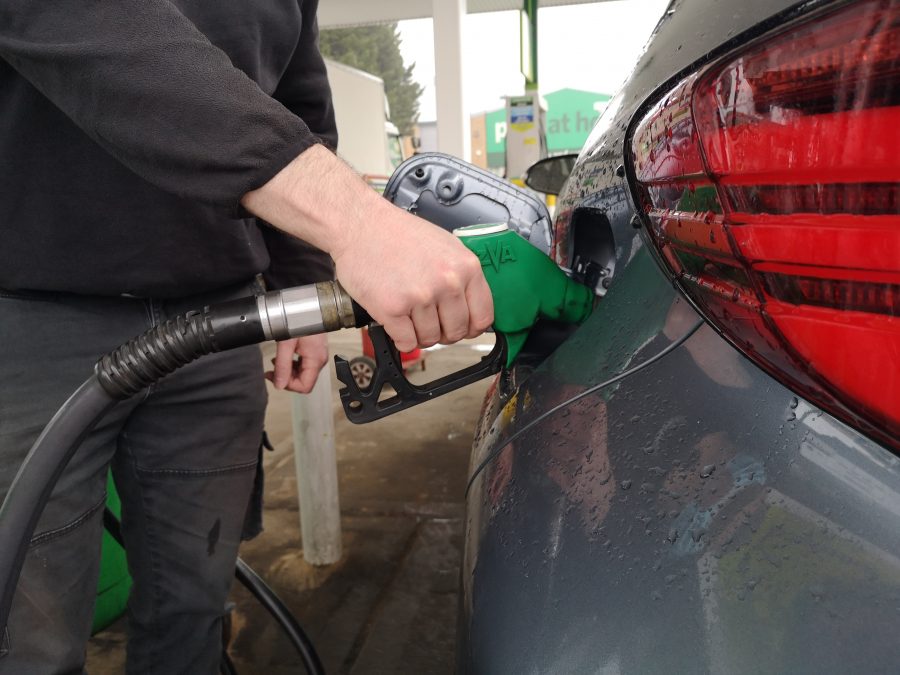
Why isn’t the ethanol content much higher?
The composition of ethanol is different to that of a crude oil based fossil fuel such as petrol. Higher blends of ethanol can cause corrosion of some rubbers and alloys used in the engine and fuel systems of some older vehicles.
A small number of these vehicles will need to continue using E5 petrol, and this will remain widely available at filling stations in super unleaded grade.
Is this change to E10 petrol only happening in the UK?
No. In fact, E10 petrol is already common throughout the world. It has also been the reference fuel used for all new car emissions and performance testing since 2016.
Useful link The government has a simple ‘E10 checker’ tool on its website here.
Read more Toyota hybrid – how does it work?
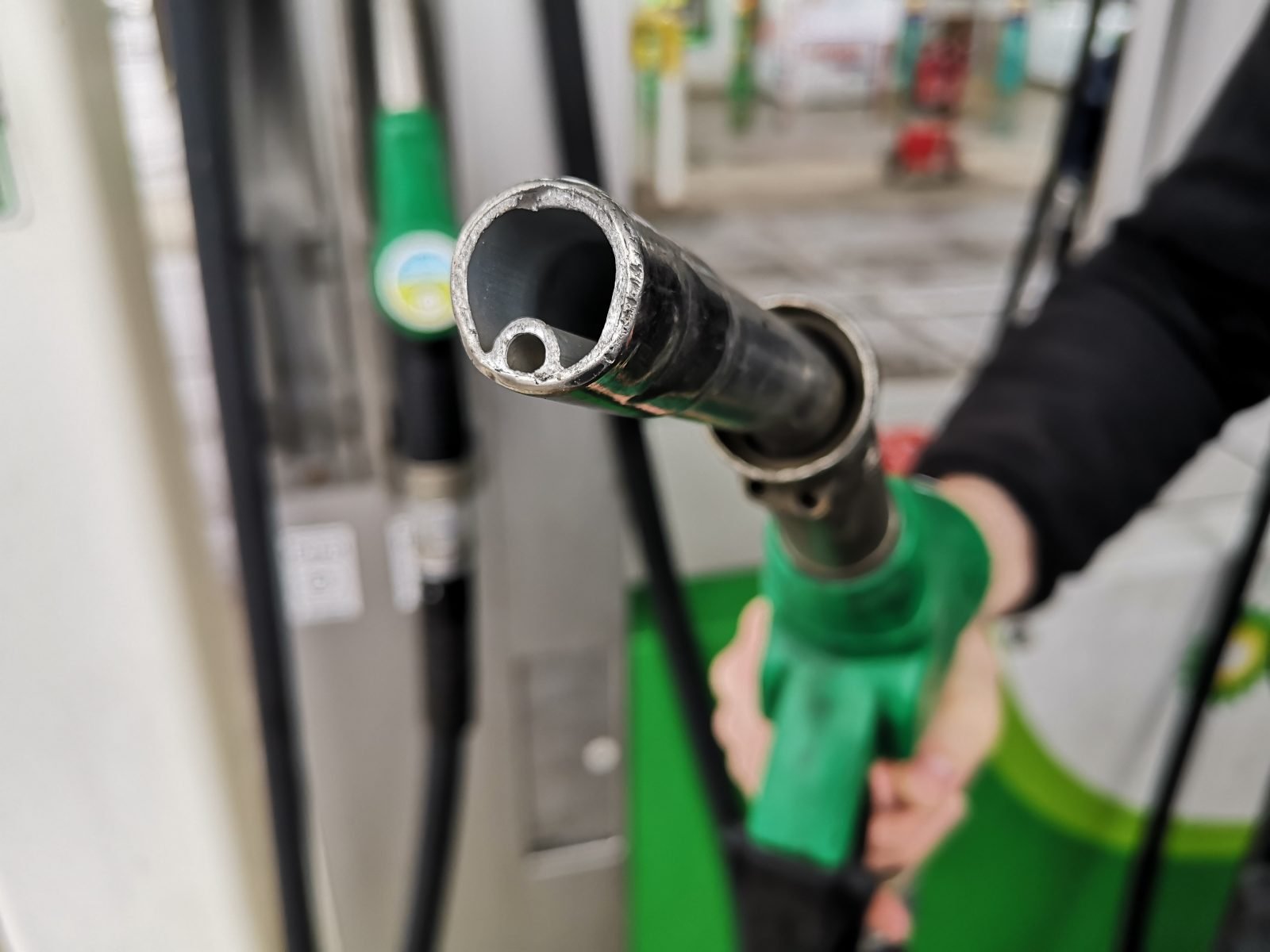
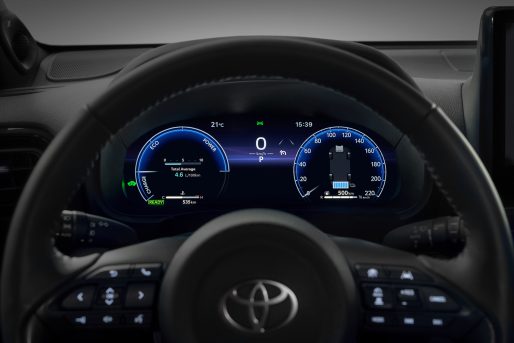


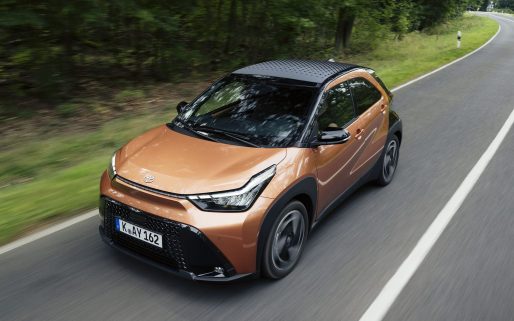
Can I use E10 in in an R reg (1997) Toyota Carolla? I had no idea petrol was even changing pretty sure I put E10 in it at the weekend!
Hi Ben,
Please provide the full vehicle registration so we can look into this for you.
Thanks
Hi.
As I understand it using e10 petrol in older and nonfuel injected vehicles can cause two basic problems. Poor running ie pinking, and possible component corrosion.
Toyota tell us that all post 1998 vehicles are e10 compatible.
But presumably they must have been gearing up to producing compatible vehicles for some time. Especially as the cut off date is date of registration, not date of manufacture.
(which as you know can be years apart).
Not every vehicle model can have been completely incompatible prior to Jan 1st then suddenly became completely compatible afterwards.
Some pre 1998 vehicles must be at least partly compatible. Whilst the post 1998 date is clear and simple, those of us with older vehicles would welcome more detailed and accurate information.
For example if the engine itself should run perfectly well on e10, then perhaps it would be fine to use e10 on long trips, whilst using e5superunleaded where the fuel is likely to stay in the tank for any time.
Presumably Toyota must have more detailed information. How do we go about obtaining it.?
Thank you.
Hi John,
Thanks for your comment.
Firstly, the cut-off date is one by production date, not registration date.
The official advice is if your vehicle was produced before January 1998, it cannot use E10 fuel.
Unfortunately, this is all the information we have at this time.
We are sorry we cannot help further.
Thanks.
Thank you.
I accept that you haven’t any further information at this time,
And I take your point about date of manufacture,
However, my point remains, some pre98 Toyota vehicles will be equally suitable for e10.
This information must exist somewhere, perhaps you could ask your parent company on our behalf.
Thank you.
The information we have been provided by Toyota Motor Corporation is that vehicles built before January 1st 1998 are not compatible with E10 fuel.
Thanks
I have a Toyota Avensis Hatchback (2003 reg) 1.8 VVT-i T3-S 5d Made in UK. Are you able to please confirm if I can use the new E10 fuel?
Hi,
Please provide the full vehicle registration so we can look into this for you.
Thanks.
2.0L Petrol RAV 4 (R173 NGO) can this run on E10 Please???
Hi Paul,
Your RAV4 can use E10 petrol.
Thanks.
Can I use e10 in my Toyota yaris hw07 fxt
Hello David, thanks for your comment.
Your Yaris will be fine to use E10 fuel.
Thanks
Hi my Toyota Yaris
Ys57 TGk can it run on E10 petrol?
Thankyou
Hi Kirsty,
Your Yaris can use E10 petrol.
Thanks.
Can I use E10 for RA55 LMM?
Hi Edward,
Your Corolla can use E10 petrol.
Thanks.
I think it will be o.k. to use E10 petrol in my RAV4 , reg.Number S564 ABR, but would like a second opinion .
Thank you.
Hello Steve, thanks for your comment.
Your RAV4 will be fine to use E10 fuel.
Thanks
Will my Toyota Yaris SR which is on an 08 plate be ok with E10 fuel?
Hello Alan, thanks for your comment.
Your Yaris will be fine to use E10 fuel.
Thanks
Can a 61 plate aygo use E10
Hello Christine, thanks for your comment.
Your Aygo will be fine to use E10 fuel.
Thanks